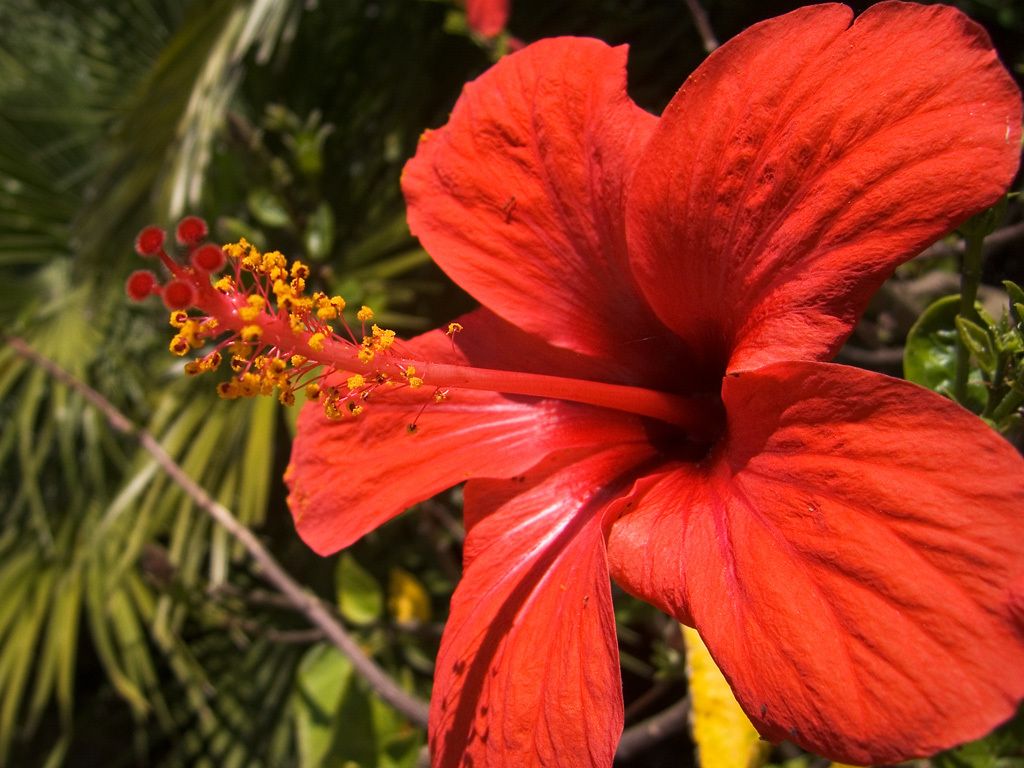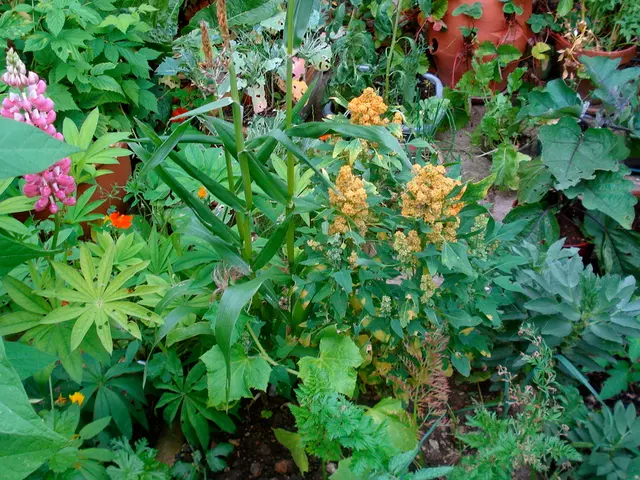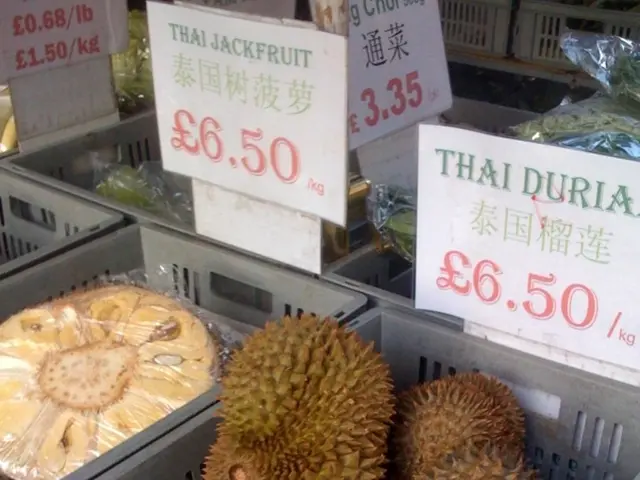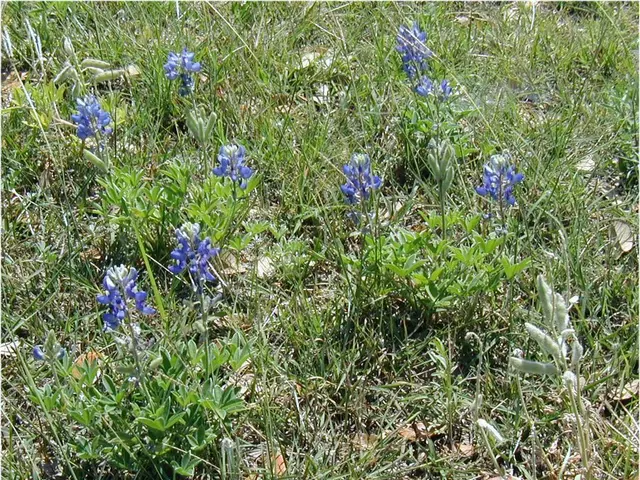A Mean, Green Gardening Guide: Conquering Aphids on Hibiscus
Strategies for Eliminating Aphids from Hibiscus Plants: Efficient Pest Management Methods
Welcome budding gardeners! Larry Meyers here, your go-to green-thumbed guy with over ten years of lawn and landscaping experience. Today, we'll dive into keeping aphids at bay on your beloved hibiscus plants.
Aphids are tiny, sap-sucking pests, but don't let their size fool you. Early intervention is crucial to prevent weakened plants and missed blooms. Luckily, various strategies enable us to control aphids without resorting to harsh chemicals. Let's embark on this adventure together!
Recognizing the Enemy: Aphids and Their Impact
To understand our foe, let's first recognize the signs of aphid infestation:
- Clusters of small, pear-shaped critters on the undersides of hibiscus leaves.
- Honeydew, a sticky substance, on leaves or beneath the plant.
Knowing their behavior and life cycle is crucial:
- Aphids feast on sap found in hibiscus leaves, reproducing rapidly and spreading quickly.
- Females give birth to live young during warm months, developing from nymphs to adults in about a week.
Neglecting aphid populations can lead to:
- Reduced plant growth
- Curled or yellow leaves
- Poor bloom health
Let's Get to Work: Aphid Eradication Strategies
Controlling aphids requires a harmonious blend of natural predators, organic treatments, and cultural practices:
Bring in the Heavyweights: Natural Predators
Welcome beneficial insects like ladybugs and parasitic wasps to your garden by providing plants that offer nectar and pollen. These powerful allies will help snack on your aphid population while staying away from your furry friends – your dogs!
Organic and Chemical Treatments
To nullify aphids immediately, opt for organic treatments like neem oil and insecticidal soap. Their contact-killing properties make them safe for most garden plants. Should infestations be severe, chemical pesticides can be used sparingly, but always adhere to guidelines to protect the environment.
Putting in the Work: Cultural Practices
Cultivate a healthy garden to prevent aphid outbreaks. Regular inspections for early signs of aphids, maintaining proper spacing, promoting good air circulation, and removing debris all contribute to a strong defense against pesky aphids.
Caring for Hibiscus After Aphid Treatment
Proper post-treatment care ensures your hibiscus can bounce back stronger than ever, equipped to fend off future attacks:
Nurturing and Monitoring Recovery
Gently spray the affected hibiscus with water, removing residue and promoting new growth. Inspect the plants regularly for signs of renewed aphid activity or possible plant viruses that aphids can sometimes spread.
Long-Term Health and Vigilance
Remember, consistent vigilance is key. Regularly check your hibiscus plants for aphids or signs of their presence. When you spot activity, use a mild water spray to dislodge aphids before they settle in.
Additional Tips and Common Questions
Wage your war against aphids with these strategies and answers to frequently asked questions:
Home Remedies and Their Efficacy
For mild infestations, home remedies like diluted rubbing alcohol and diatomaceous earth can be effective. However, test these on a small area first to ensure they won't harm your plants.
Frequently Asked Questions About Aphid Control
- How do I prevent aphids from infesting my hibiscus in the first place? Regularly inspect new hibiscus plants for aphids before bringing them home. Adopt good cultural practices, and invite beneficial insects to your garden for a natural line of defense.
- Can I use horticultural oil or insecticidal soap instead of a home remedy?Absolutely! These products offer targeted aphid control while being safer for the environment than broad-spectrum pesticides.
- How often should I apply home remedies? Begin with a treatment every few days, then adjust frequency based on the severity of the aphid population. Overuse can lead to plant stress.
- What times of day are best for applying these treatments? The optimal times are early morning or late evening to avoid the midday sun, which can cause liquid droplets to burn the leaves.
There you have it, gardeners. Keep aphids at bay and enjoy the vibrant beauty of your hibiscus plants throughout the growing season. Happy gardening! 🌱💪🏼🌺
- Maintaining a balanced lifestyle that includes home-gardening will help introduce beneficial insects like ladybugs and parasitic wasps to your garden, enhancing the overall health of your hibiscus plants and discouraging aphid infestations.
- To ensure robust growth and prevent aphid attacks, practice good cultural practices such as regularly inspecting hibiscus plants for early signs of aphids, maintaining proper spacing, and promoting good air circulation in your home-and-garden environment.







